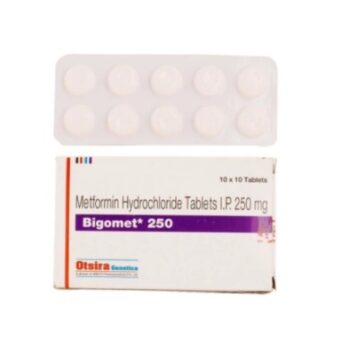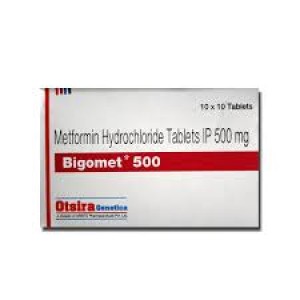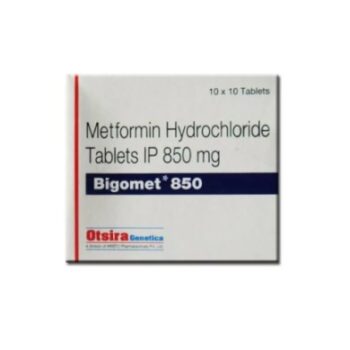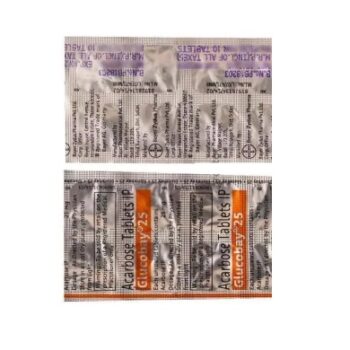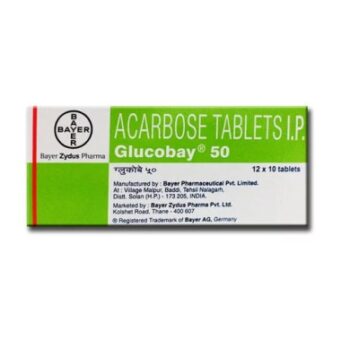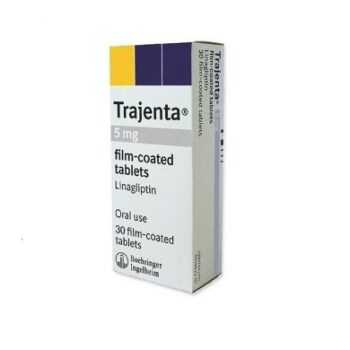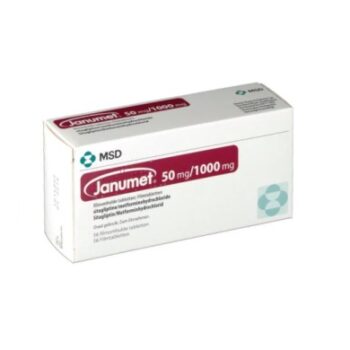Diabetes Medicine
Showing 1–12 of 26 results
Diabetes Medicine
Diabetes is a metabolic disorder causing high levels of glucose in your blood. It is a long-term disorder. Diabetes mellitus is the other name. It occurs when the pancreas is unable to produce insulin or use it to keep the blood glucose in control.
You may undergo many health tests if your doctor diagnoses you with this disorder. The common lab tests are urine and blood tests. You can treat it with changes in lifestyle, oral medications, and some injectables.
Who needs diabetes medicine?
Sometimes doctors recommend people with this disorder take insulin. It will control their blood glucose. A few people can control their blood glucose with healthy food choices. Physical activity will be of great help. Yet, a diabetic meal plan and physical activity do not work for others. They must take these drugs.
The kind of drugs you take will depend on many factors. These are your disorder type, everyday schedule, drug costs, and other health conditions. With time, you may need to take more than a drug.
Recommended Diabetes Medicine
Based on your blood glucose level, your doctor may prescribe drugs. They will control this disorder. Some common types of drugs are:
Oral antidiabetics
- Biguanides: This class of drugs aid in improving the control of glucose. It suppresses its production by the liver. It reduces glucose absorption by the intestine and increases the sensitivity of insulin. The first drug recommended for type 2 diabetes is Metformin.
- Sulphonylureas: They increase insulin secretion by the pancreas to manage this disorder. A few drugs that belong to this class are:
1-Glipizide
2-Glimepiride
- Thiazolidinediones: These drugs aid in controlling it. They increase insulin sensitivity in the fat tissues and muscles. One of the drugs belonging to this class is Pioglitazone.
- Meglitinides: They increase insulin secretion by the pancreas for treating it. Some common examples are:
1-Nateglinide
2-Repaglinide
- Alpha-glucosidase inhibitors: They inhibit the enzyme, thus reducing glucose absorption by the intestine. Some common drugs are:
1-Miglitol
2-Acarbose
- DPP-4 inhibitors: They work by improving insulin secretion by the pancreas. Thus they help to treat it. Examples include:
1-Saxagliptin
2-Sitagliptin
- Incretin mimetics: These are oral antidiabetics responsible for increasing insulin secretion. They aid in controlling this disorder. GLP-1 analogs or glucagon-like peptide 1 receptor agonists are their common names. They include:
1-Liraglutide
2-Exenatide
3-Dulaglutide
Things to know while taking these drugs
You may use these drugs for this disorder. But you must eat a healthy diet and get physical activity on a regular basis. You must quit smoking and use your other drugs. These will assist you in managing this disorder. It is a must to ensure that you understand the treatment plan. Discuss with your doctor about:
- Your target blood sugar level
- If your blood sugar gets too high or too low, what should you do
- If these drugs will impact another drug you use
- If you will have side effects from these drugs
Do not change or pause these drugs on your own. First, talk to your doctor.


